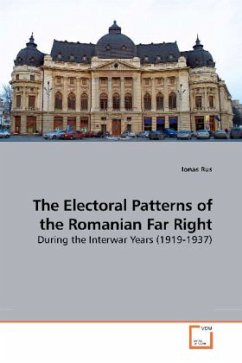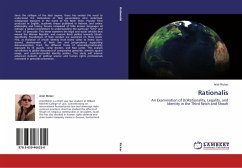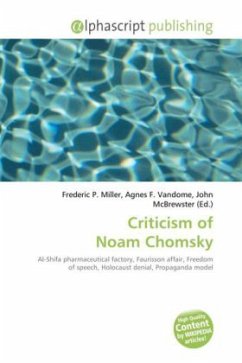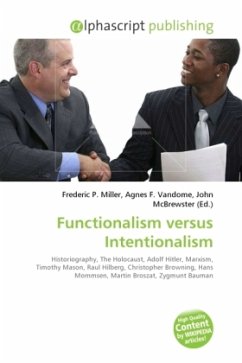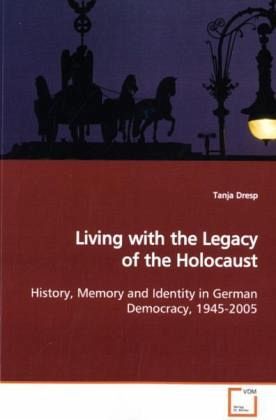
Living with the Legacy of the Holocaust
History, Memory and Identity in German Democracy, 1945-2005
Versandkostenfrei!
Versandfertig in 6-10 Tagen
52,99 €
inkl. MwSt.

PAYBACK Punkte
26 °P sammeln!
Since the early 1980s, there has been a drasticincrease in commemorative activities dedicated to thememory of the Holocaust and its victims. This book investigates the influence of thehistory of the Holocaust and the politics of memoryon German democracy and national identity. Byevaluating the historiography of the Holocaust, thehistory of the politics of memory since 1945 andthree contemporary case studies during the 1990s( The Goldhagen Controversy Revisited, TheWalser-Bubis Debate, and The National HolocaustMemorial in Berlin ), the nature, functions, effectsand political divisions of the p...
Since the early 1980s, there has been a drastic
increase in commemorative activities dedicated to the
memory of the Holocaust and its victims.
This book investigates the influence of the
history of the Holocaust and the politics of memory
on German democracy and national identity. By
evaluating the historiography of the Holocaust, the
history of the politics of memory since 1945 and
three contemporary case studies during the 1990s
( The Goldhagen Controversy Revisited, The
Walser-Bubis Debate, and The National Holocaust
Memorial in Berlin ), the nature, functions, effects
and political divisions of the politics of Holocaust
memory are examined in relation to questions of
national self-definition, identity and democracy. It
is examined to what degree the political and social
responsibility to the legacy of the Holocaust
represents a constitutive element of the
self-understanding of post-1945 German democracy.
This cultural analysis should be useful to students
of German history, politics and society or anyone
else interested in the history of the Holocaust,
historiography or the politics of memory.
increase in commemorative activities dedicated to the
memory of the Holocaust and its victims.
This book investigates the influence of the
history of the Holocaust and the politics of memory
on German democracy and national identity. By
evaluating the historiography of the Holocaust, the
history of the politics of memory since 1945 and
three contemporary case studies during the 1990s
( The Goldhagen Controversy Revisited, The
Walser-Bubis Debate, and The National Holocaust
Memorial in Berlin ), the nature, functions, effects
and political divisions of the politics of Holocaust
memory are examined in relation to questions of
national self-definition, identity and democracy. It
is examined to what degree the political and social
responsibility to the legacy of the Holocaust
represents a constitutive element of the
self-understanding of post-1945 German democracy.
This cultural analysis should be useful to students
of German history, politics and society or anyone
else interested in the history of the Holocaust,
historiography or the politics of memory.



